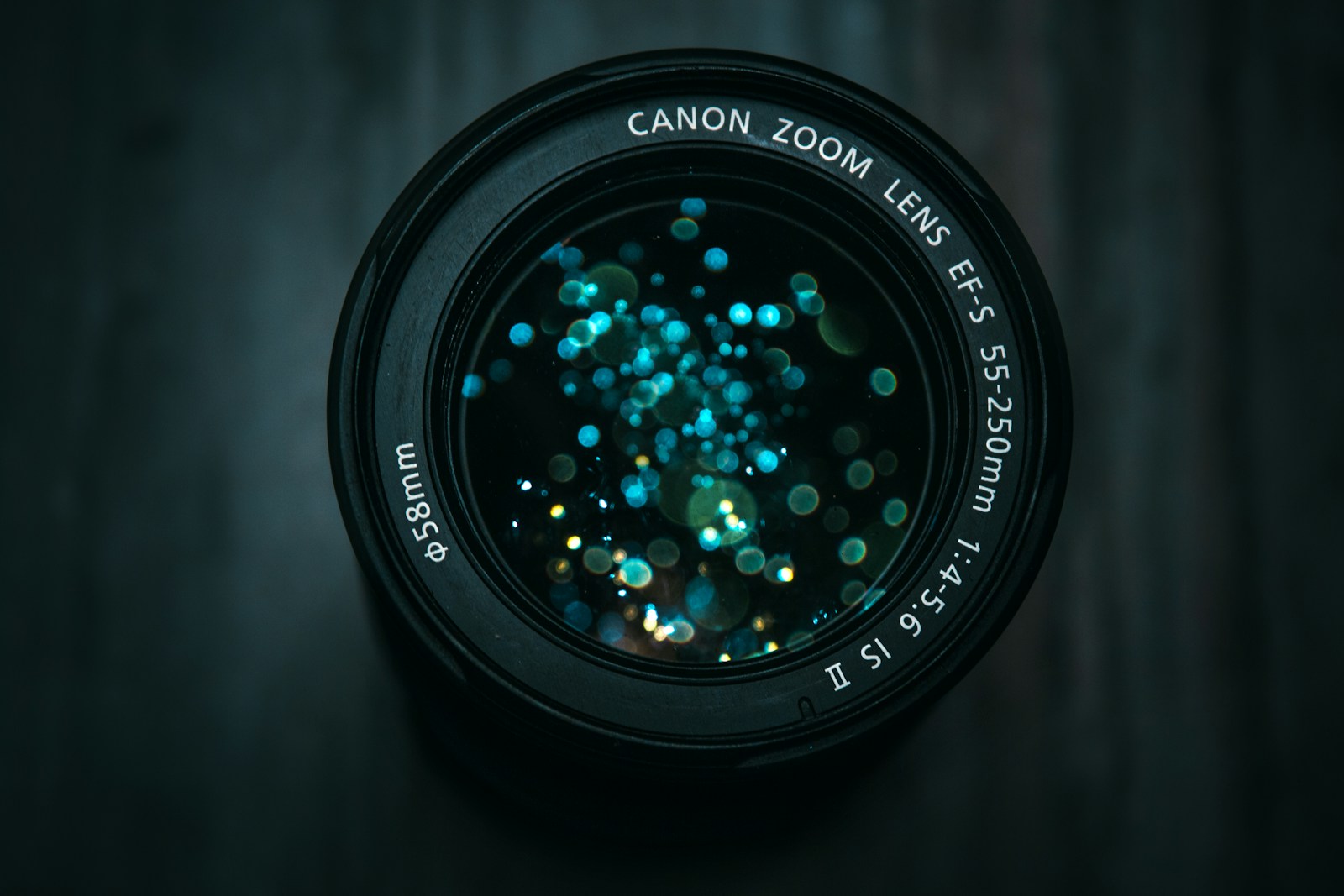Photography Summary
Photography is a captivating and versatile art form that allows individuals to capture moments, tell stories, and express their creativity through images. Whether you’re a beginner with a smartphone or aspiring to become a professional photographer, Photography will set you on the path to mastering this visual medium.
Average Starting Cost:
Average Starting Cost: The initial investment for photography can vary significantly depending on your goals and equipment choices. On average, a basic setup with a DSLR camera or mirrorless camera might range from $500 to $1,500. However, there are more affordable alternatives for those looking to start with a lower budget.
Cheaper Alternatives:
- Use a Smartphone: Modern smartphones have advanced camera capabilities. If you’re on a tight budget, start with your smartphone to learn the basics of composition, lighting, and framing.
- Consider Entry-Level Cameras: Instead of investing in a high-end camera, consider entry-level DSLRs or mirrorless cameras. These cameras offer excellent image quality and manual controls without the high price tag.
Average Time Commitment:
The time commitment for photography can be flexible, ranging from occasional snapshots to dedicated sessions for more advanced projects. Beginners might start with shorter photo sessions, gradually increasing the time spent as they delve deeper into the craft.
First Steps to Take:
- Understand Your Camera: Whether it’s a smartphone or a dedicated camera, take the time to understand its features, settings, and capabilities. Learn about aspects like aperture, shutter speed, and ISO for more advanced cameras.
- Explore Basic Composition Techniques: Familiarize yourself with fundamental composition techniques such as the rule of thirds, leading lines, and framing. These principles apply to both smartphone and dedicated camera photography.
- Practice Regularly: The key to improving your photography skills is regular practice. Experiment with different subjects, lighting conditions, and perspectives. Don’t be afraid to make mistakes; they are valuable learning opportunities.
- Learn Basic Editing: Start exploring basic photo editing tools or apps to enhance your images. Understanding how to adjust brightness, contrast, and color balance can significantly improve your photos.
- Join Photography Communities: Connect with other photographers through online forums, social media groups, or local photography clubs. Sharing your work and receiving constructive feedback can accelerate your learning.
Additional Resources:
- Photography Books and Online Courses: Explore instructional books like “Understanding Exposure” by Bryan Peterson or enroll in online courses on platforms like Udemy or Skillshare for in-depth learning.
- Photography Blogs and Magazines: Follow reputable photography blogs and magazines for inspiration, gear reviews, and tutorials. Stay updated on the latest trends and techniques in the photography world.
- Photography Apps and Software: Experiment with photography apps for editing on your smartphone, and explore more advanced photo editing software like Adobe Lightroom or Photoshop for computer-based editing.
Communities:
- Reddit – r/photography: A vibrant community where photographers of all levels share their work, ask questions, and provide feedback.
- DPReview Forums: DPReview is known for its in-depth camera and lens reviews, and its forums offer a space for photographers to discuss equipment, techniques, and share their photos.
- PhotographyTalk: A community designed for photographers to connect, share their work, and discuss various aspects of photography. It also offers tutorials and articles for beginners.
- Digital Photography School (DPS) Forums: DPS is a resourceful site with tutorials and tips for photographers. The forums provide a space for users to seek advice, share experiences, and participate in challenges.
- Photo.net: A longstanding platform for photographers, featuring forums, critiques, and articles, making it a valuable resource for beginners.
- Instagram: While not a traditional forum, Instagram is a vast platform for photographers to showcase their work, connect with others, and participate in themed challenges using hashtags.
- Flickr Groups: Flickr hosts a variety of groups dedicated to different photography genres and skill levels. Beginners can find supportive communities to share their photos and receive feedback.
- 500px Community: 500px is a photography portfolio site that also has a community aspect. Photographers can share their work, participate in discussions, and learn from others.
- Phlearn Community: Phlearn is known for its photography and Photoshop tutorials. The community allows users to connect, share their work, and seek advice.
- Strobist: If you’re interested in off-camera lighting, Strobist is a community and blog focused on teaching lighting techniques. The Lighting 101 series is particularly popular among beginners.
FAQs:
Q: What camera should I start with as a beginner? A: For beginners, entry-level DSLRs or mirrorless cameras from reputable brands are great choices. However, a smartphone is a perfectly valid starting point for learning basic photography principles.
Q: How can I improve my composition skills? A: Practice different composition techniques, study the work of established photographers, and analyze your own photos for areas of improvement. Composition is an evolving skill that develops with experience.
Q: Do I need to invest in expensive lenses right away? A: No, start with the kit lens that comes with your camera or smartphone. As you gain experience, you can explore additional lenses based on your specific interests and photography style.
Remember, photography is a journey of exploration and self-expression. Enjoy the process, be open to learning, and let your unique perspective shine through in your photographs.
